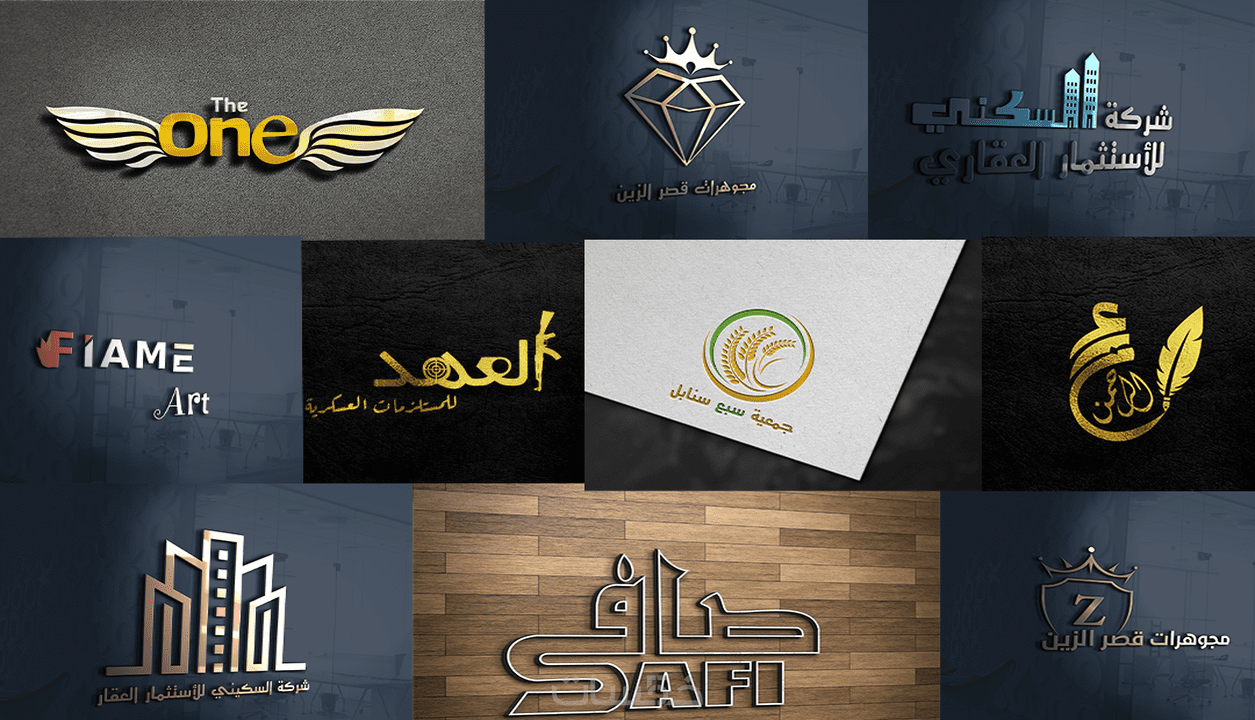Introduction
Technical writing is an essential skill for engineers, occupying more than 50% of their daily activities. Dr. Aly N. El-Bahrawy, from the Faculty of Engineering at Ain Shams University, emphasizes the significance of strong writing skills for successful engineers. In this comprehensive guide, we will delve into the various aspects of technical writing, including the writing process, style characteristics, and guidelines for effective technical writing.
The Engineer's Writing Journey Engineers are prolific writers, producing a diverse range of documents crucial to their work. From research reports to expense reports, the ability to communicate effectively through writing is indispensable. Dr. El-Bahrawy stresses that no one is born a good writer; rather, it is through rewriting and refining that one becomes proficient in the art of technical writing.
Understanding the Communication Process
The communication process involves encoding a message, transmitting it through a channel, and decoding it by the receiver. However, noise can disrupt this process, causing uncertainty, confusion, or frustration for the reader. Identifying and minimizing noise is crucial for effective technical communication.
The Technical Writing Process
The technical writing process involves planning, drafting, and reviewing. Each stage requires attention to detail, from outlining the research to refining the mechanics, grammar, and style. Precision, clarity, and economy are the hallmarks of technical writing, ensuring that the message is conveyed accurately and efficiently.
Technical Style Characteristics
Technical writing demands objectivity, precision, clarity, economy, and audience awareness. Objectivity requires neutrality and the absence of bias, while precision entails using concrete language, exact dimensions, and well-defined terms. Clarity is achieved through careful word choice, completeness, and correctness, while economy emphasizes conveying meaning with the fewest words. Understanding the audience is essential, whether they are general readers, technicians, experts, executives, or a mixed group.
Mastering Precision and Clarity Precision in technical writing involves using concrete language and avoiding ambiguity. For instance, misplaced modifiers can cause confusion, while careless punctuation can alter the meaning of a sentence. Additionally, mastering clarity involves avoiding wordiness, passive voice, and indirect sentences, ensuring that the message is direct and easily comprehensible.
Efficiency in Technical Writing
Efficient technical writing involves using concise language, avoiding wordiness, and eliminating redundant phrases. Substituting single words for phrases, deleting unnecessary words, and revising passive voice constructions are essential strategies for achieving economy in technical writing.
Understanding Your Audience Tailoring technical writing to the audience is crucial. For general readers, defining technical terms and using graphics can enhance understanding. Technicians require a focus on construction, installation, and servicing, while experts demand in-depth technical details. Executives are interested in costs, personnel, and company politics, while a mixed audience necessitates a clear summary and non-technical language.
Checklist for Effective Technical Style
A checklist for effective technical style includes considerations such as the purpose of writing, understanding the readers, being concise, adhering to document specifications, providing accurate information, organizing logical material, and expressing ideas clearly and efficiently. These guidelines form the foundation of successful technical writing.
Guidelines for Good English Writing
Effective technical writing in English involves understanding the purpose of writing, considering the readers, being concise, adhering to document specifications, providing accurate information, organizing logical material, and expressing ideas clearly and efficiently. Efficient wording, accessible ideas, information lists, proper page formatting, and effective time management are also essential components of good English writing.
Understanding Your Purpose and Readers Before embarking on technical writing, it is crucial to understand the purpose of the document and the intended readers. Whether the goal is to inform, instruct, propose, recommend, persuade, or record, considering the needs, interests, level of expertise, and possible reactions of the readers is paramount.
Document Specifications and Being To the Point Understanding the length of the document, the topic, and the editor's requirements is essential for tailoring the writing to the specific context. Being concise and getting to the point is crucial, ensuring that the most important information is presented upfront. Different types of documents, such as letters, memos, emails, and reports, require varying approaches to being to the point.
Ensuring Accurate Information and Logical Material Accuracy is non-negotiable in technical writing, as errors can erode the readers' confidence. Distinguishing between fact and opinion, providing accurate references, and ensuring the logical organization of material are vital for effective technical writing.
Clarity in Expression and Efficient
Wording Clarity in technical writing involves avoiding ambiguity, vagueness, and incoherence. Directness in expression ensures that the information is easily accessible to the readers. Efficient wording involves eliminating wordiness, redundancy, and turning verbs into nouns, ensuring that the language is clear and concise.
Creating Accessible Ideas and Information Lists Subdividing the content into sections and sub-sections, using numbered or bulleted lists, and ensuring grammatical parallelism are essential for creating accessible ideas and information lists. Proper page formatting, including margins, white space, and typeface, enhances the visual appeal of the content, making it more reader-friendly.
Time Management and Conclusion
Effective time management, collaborative writing, and utilizing breaks for writing are valuable strategies for optimizing the technical writing process. By mastering the art of technical writing, engineers can enhance their communication skills and convey complex technical information with clarity and precision.
In conclusion,
mastering technical writing is a critical skill for engineers, enabling them to communicate effectively and convey complex technical information with clarity and precision. By understanding the nuances of technical writing, engineers can enhance their professional communication and contribute to the success of their projects and organizations.
YouTube Video Suggestions:
- "The Art of Technical Writing for Engineers" by Engineering Explained
- "Mastering Precision and Clarity in Technical Writing" by TechCommGeekMom
- "Effective Time Management for Technical Writers" by The Write Channel









0 Comments
Your opinion is important for us.